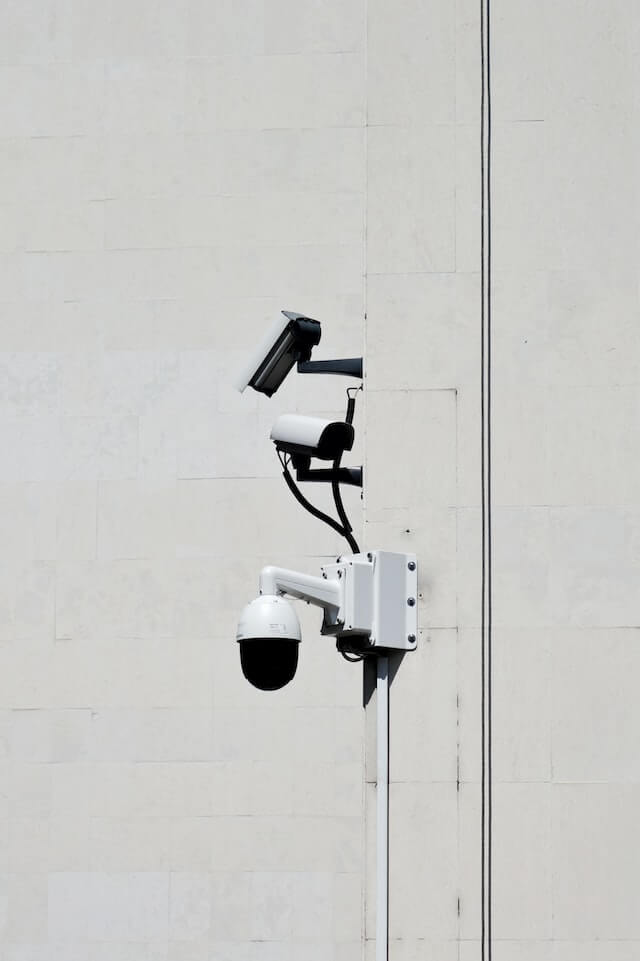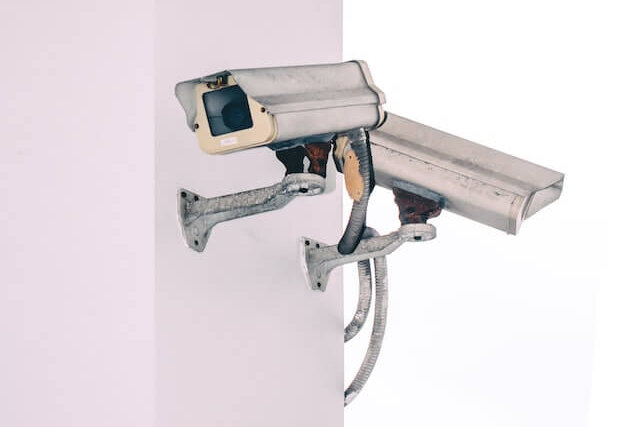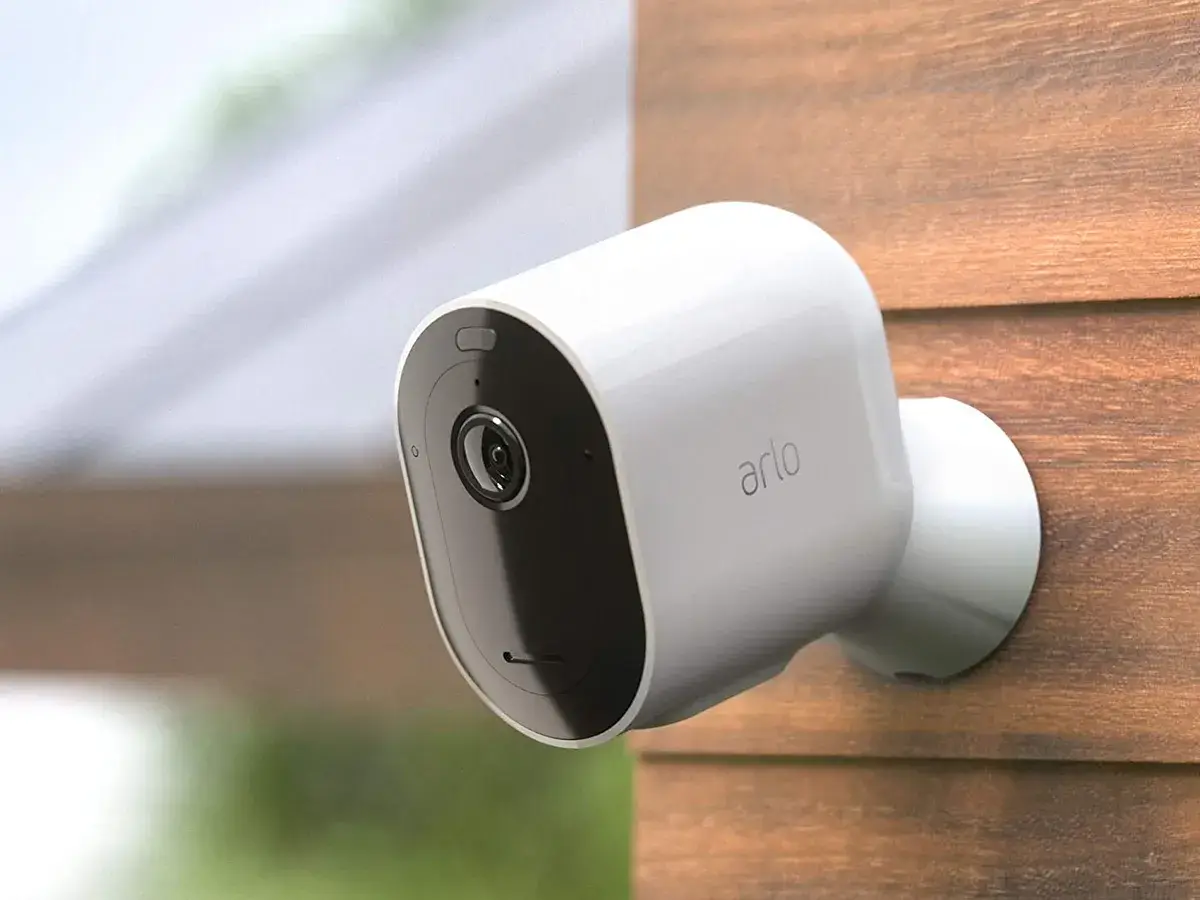What’s Better: Wireless or Wired Security Cameras?
August 15, 2023
There are two types of home security cameras: wired and wireless. This blog post will discuss the pros and cons of wired and wireless security cameras, so you can decide which type is right!

Types of Security Cameras
There are two types of home security systems: wireless and wired. Wireless home system is becoming more popular, but wired cameras still have advantages. Here’s a look at the pros and cons of each type of camera.
Wired Security Cameras

Wired security cameras are a great way to improve the security of your home or business. They offer many benefits over wireless systems, including better image quality, lower costs, and more reliable connections. In this article, we’ll discuss the pros and cons of wired cameras.
Pros
There are several advantages to wired security camera systems.
Reliability
Wired cameras are more reliable than wireless ones because they are directly connected to your home’s electrical system, so there is no chance of interference from other devices. A wireless security camera is battery-powered, which can sometimes be unreliable. Wired systems are more difficult to access, meaning you can feel confident your home is secure when you have a wired security camera system installed.
Security
Second, wired cameras are less likely to be hacked than wireless cameras, so your footage will be more secure. Many wireless cameras are susceptible to wireless hacking and interception, losing important footage or information. Wired cameras are harder to hack and are not easily intercepted.
Image Quality
Image and video quality have become better with digital technology. Wired cameras can now provide high-resolution images that can be used to identify individuals. This is a significant advantage over analog systems, which often produce fuzzy and grainy photos. Wired cameras are not susceptible to interference from other electronic devices, which degrades images. A wired system is often the best choice for applications where image quality is critical.
Conjunction
Another advantage of wired cameras is that they can be used with other security devices, such as alarms and motion sensors. This allows for a more comprehensive security system to provide greater protection for your home or business.
Cost
Additionally, wired security camera systems are typically less expensive than their wireless counterparts. This is partly because they do not require a separate receiver or transmitter, and the same electrical circuit can often power them as the rest of your security system.
Cons
Installation
Installation is one of the main disadvantages of wired security cameras. Finding a place to put the camera where it will have a clear view can be challenging, and you may need to hire an electrician to help you with the wiring. Wireless home security cameras are much easier to install, and you can often do it yourself in just a few minutes.
Power Source
Another disadvantage of wired camera systems is their power source. Wired security cameras need to be plugged into an electrical outlet, which can be a problem if you don’t have a lot of outlets in your home or business. If there is a power outage, your wired security camera will not work. On the other hand, wire-free cameras run on batteries, so you don’t have to worry about them losing power.
Computer System
One of the disadvantages of the wired camera system is that they need a computer system to function. This can be a con for some people because it means that if something happens to the computer system, the cameras will not work. Additionally, the cameras may not work correctly if the computer system is not set up properly. Therefore, it is vital to ensure that the computer system is set up correctly before installing wired security cameras.
Portability
One of the disadvantages of wired systems is that they are not as portable as wireless ones. This is because wired cameras need to be connected to a power source and a network to work, while wireless cameras can run on batteries. You cannot move a wired camera around as quickly as a wireless one. If you need to move your camera to a different location, you will need to disconnect it from the power source and the network and reconnect it at the new site. This can be time-consuming and inconvenient.
Safety
Additionally, if you are using a wired camera with an Ethernet connection, you will need a long cable that can reach from the camera to the router. This can be difficult to manage, and it can also be a trip hazard. Wireless cameras are much more convenient in this regard, as they can be placed anywhere within the router’s wireless range.
Wireless Security Cameras

Wireless security cameras are a great way to keep an eye on your home or business. They are easy to install and can be placed almost anywhere. A wireless security camera transmits its signal wirelessly, so there is no need to run cables. This makes them ideal for use in areas where running lines, such as outside or in an attic would be challenging. Wire-free security cameras are available in both black and white and color.
They can be purchased with or without night vision. Most wireless systems will work with a standard home wireless network. Check the specifications of the camera to see if a receiver is required. A wireless security camera is a great way to keep an eye on your home or business.
Pros
Installation
Wire-free security cameras are very easy to install. You do not need an electrician to run wires through walls and ceilings. All you need to do is find a power outlet and mount the camera.
Flexibility
One of the most apparent advantages is flexibility. A wireless system can be placed anywhere, inside or outside your home or business. And because they’re wireless, there are no messy wires to deal with.
Remote Access
Another pro is that they can be accessed remotely, which means you can view live footage from anywhere in the world with an internet connection. This is perfect for keeping an eye on your property while you’re away on vacation or business trips.
Cloud Storage
One of the advantages of a wireless system is that it can be easily moved and positioned as needed. This means that you can keep an eye on your property even if it’s in a constantly changing location. Additionally, cloud storage can be a great way to keep your footage safe and secure. With cloud storage, you can access your footage from anywhere with an internet connection. This means that even if your camera is damaged or stolen, you’ll still be able to view your footage.
Cons
Signal Interference
One of the disadvantages of a wireless camera is that they are susceptible to signal interference. Several factors are:
- distance from the camera to the receiver
- obstacles between the camera and the receiver
- other electronic devices in the vicinity
Signal interference can result in a loss of quality or even a complete loss of the signal, which can be highly frustrating. Considering a wireless camera for your home or business, it’s essential to be aware of this potential issue and take steps to minimize the risk of interference.
Network Capabilities
One way to avoid overloading your network is to hardwire your security cameras into the network using Ethernet cables. This will ensure that your camera’s video feed doesn’t cause lag or buffering issues. However, it’s important to note that not all security cameras are compatible with this method.
Maintenance
Wire-free cameras are becoming increasingly popular, but you should be aware of some disadvantages to using them. One of the most significant disadvantages is that wireless security cameras require more maintenance than wired ones. This is because they rely on batteries, which must be regularly replaced or recharged. Wireless signals can sometimes be interfered with, causing the camera to stop working correctly. If you’re considering using wireless security cameras, be sure to factor in the extra maintenance that will be required.
Battery Life
Wireless security cameras are a great way to keep an eye on your home or business, but they do have some disadvantages. One of those is battery life. Most wireless home security cameras run on batteries, which don’t last forever. Depending on how often the camera is used, you may need to replace the batteries every few months. That can be a hassle, and it can also be expensive if you have a lot of cameras.
Which is better for your needs – wireless or wired security cameras?
So, which type of security camera is better for your needs – wireless or wired?
Well, both types have their pros and cons. Wireless cameras are more convenient since you don’t have to deal with messy wiring. But they can be a bit more expensive, and they might require batteries that need to be regularly replaced. Wired cameras, on the other hand, are usually more affordable, and they’re also more reliable since there’s no risk of signal interference. But they can be a bit more challenging to install since you have to route the wiring through your home.
So, it depends on your specific needs and budget. If you want a quick and easy installation camera, then a wireless camera might be the way to go. But if you’re looking for a more affordable option, a wired camera could be better. Whichever type you choose, just make sure you get one with high-quality features to keep your home safe and secure.
